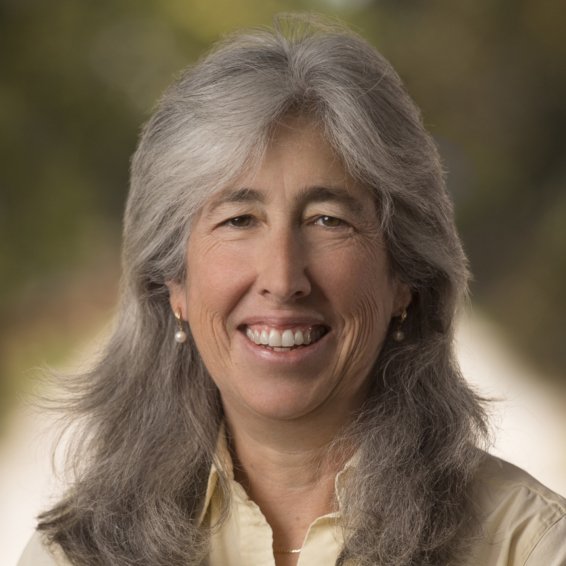Developing Best Practices for Clean Water Act Enforcement (807W)
The Clean Water Act is the premier law protecting the waterways of the United States. Yet based on facility self-reports, 29% of permitted facilities under CWA were in “significant non-compliance” (SNC) in 2018: that is, close to a third of all facilities either discharged substantially above their permit limits or otherwise failed to meet their permit obligations. Such pollution has serious consequences for the health and well-being of millions of Americans.
One of the Environmental Protection Agency’s ambitious national compliance initiatives aims to cut the SNC rate in half by 2022. To that end, EPA is hoping to research, compile, and disseminate information about the most innovative interventions that have been piloted and implemented by states, EPA regions, and federal EPA.
This policy practicum will assist the Environmental Protection Agency’s Office of Enforcement and Compliance Assistance to develop this “Best Practices” Compendium. Professors Dan Ho and Deborah Sivas will lead a team of students, in close coordination with the EPA team, to develop the compendium. The work will entail (a) conducting interviews of state, regional, and federal environmental regulators (most of which have been pre-identified by EPA), (b) drafting short case studies of each practice (e.g., early warning letters, technical assistance, simplified disclosures), (c) assessing benefits, costs, and evidence underpinning these practices, and (d) helping EPA disseminate this information.
The learning objectives include: (i) a deeper understanding of the nation’s principal regulatory framework to protect water, (ii) engaging with officials to learn and compile best practices, and (iii) developing a strong sense of environmental law and regulatory enforcement in action, including the promise and constraints of the behavioral and enforcement toolkit.
This is a two-quarter policy practicum, which will be run virtually, for the fall and winter quarters. Students are strongly encouraged to participate in both quarters. Those who (a) have a strong interest or background in environmental law, administrative law, regulatory enforcement, or policy-oriented research, and (b) are able to enroll in both fall and winter terms will be given priority. R credit is available for students who extend the work into a significant research component.
Clients & Deliverables
Client: The U.S. Environmental Protection Agency’s Office of Enforcement and Compliance Assistance
Deliverables: Client briefing, client research memos
How to Apply
Student applications are by consent of the instructor. Please apply at https://registrar.law.



